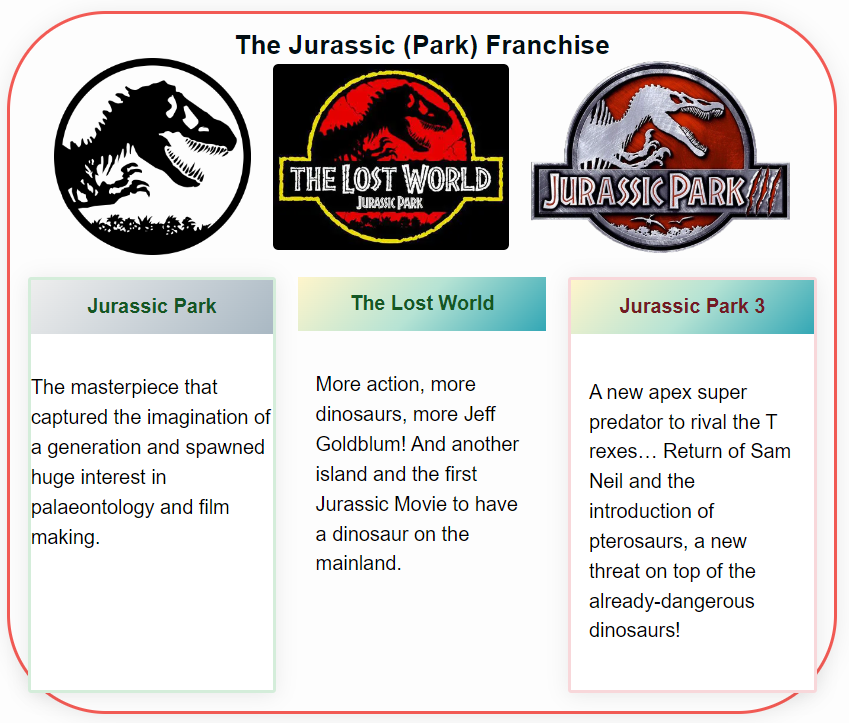The Bone Wars, a period of intense and often contentious rivalry between two of the 19th century’s greatest paleontologists, Edward Drinker Cope and Othniel Charles Marsh, remains one of the most fascinating and transformative epochs in the study of prehistoric life.
Background of the Rivalry
The Bone Wars, which spanned the late 19th century, saw Cope and Marsh locked in a fierce competition to discover and describe the most dinosaur species. This rivalry was not just scientific but also deeply personal, marked by mutual animosity and public feuds.
Key Discoveries and Expeditions
Both Cope and Marsh led numerous expeditions across North America, particularly in the rich fossil beds of the American West. These expeditions yielded significant finds, contributing immensely to our knowledge of dinosaurs.
Discoveries by Edward Drinker Cope
| Species Discovered | Date | Location |
|---|---|---|
| Elasmosaurus | 1868 | Kansas |
| Camarasaurus | 1877 | Colorado |
| Dimetrodon | 1878 | Texas |
| Coelophysis | 1881 | New Mexico |
| Amphicoelias | 1878 | Colorado |
| Agathaumas | 1872 | Wyoming |
| Monoclonius | 1876 | Montana |
Discoveries by Othniel Charles Marsh
| Species Discovered | Date | Location |
|---|---|---|
| Apatosaurus | 1877 | Colorado |
| Allosaurus | 1877 | Colorado |
| Stegosaurus | 1877 | Colorado |
| Triceratops | 1887 | Wyoming |
| Brontosaurus | 1879 | Wyoming |
| Diplodocus | 1878 | Wyoming |
| Torosaurus | 1891 | Wyoming |
Controversies and Misconduct
The rivalry was rife with controversies, including allegations of bribery, theft, and the destruction of bones. Both paleontologists were accused of rushing their work, leading to errors in classification and identification that would linger for decades.
Misconceptions and Long-Lasting Confusions
A notable consequence of their rivalry was the confusion around certain dinosaur species. The most famous of these is the Brontosaurus. Marsh’s 1877 discovery of Apatosaurus was followed by a second, larger specimen he named Brontosaurus. Later, it was determined that both were the same species, with Apatosaurus having priority. However, the name Brontosaurus had already entered popular culture and has continued to cause confusion.
Legacy and Impact on Paleontology
Despite the controversies, the Bone Wars resulted in a significant increase in knowledge about dinosaurs and prehistoric life. The discoveries made by Cope and Marsh laid the groundwork for modern paleontology. Their rivalry, while fraught with ethical issues, spurred significant advancements in the field and brought widespread public attention to paleontology.
The Bone Wars showcase a tumultuous yet impactful chapter in scientific history, where personal rivalry fueled a race that would forever change our understanding of the prehistoric world. While their methods were often questionable, the legacy of Cope and Marsh’s discoveries continues to be a cornerstone of paleontological study.

